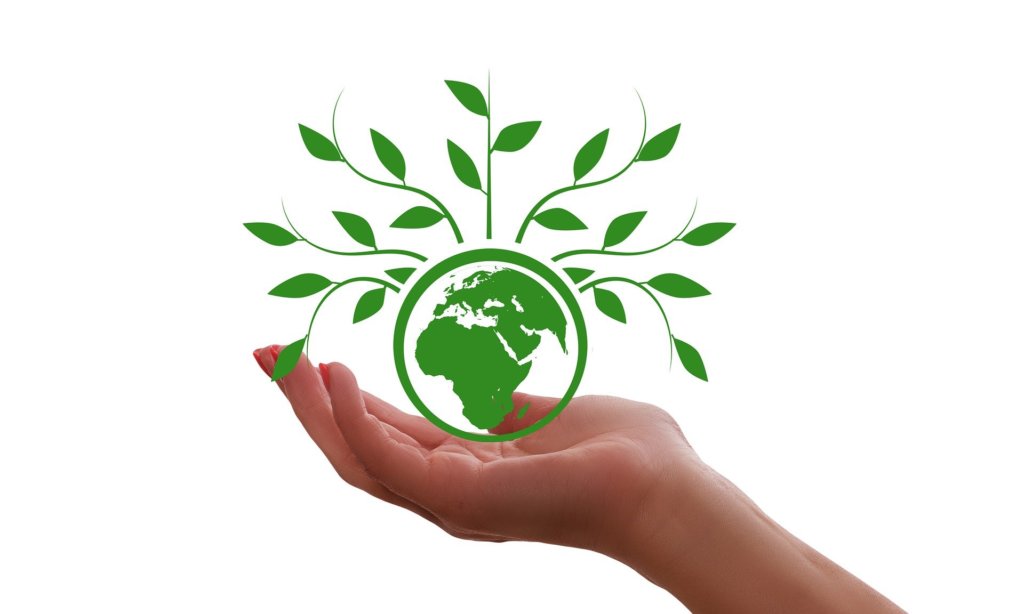On 26 November, China’s State Council Information Office released a white paper titled “China and Africa in the New Era: A Partnership of Equals.” The white paper outlines a range of areas of cooperation between China and Africa, including the expanding economic relations, growing social development cooperation, people-to-people and cultural exchanges, and expanding cooperative partnerships for stability.

As of November, China has also struck 15 agreements with 14 African countries to work together in combatting climate change. Various measures to support Africa’s response to the issue are considered in the white paper, including executing mitigation and adaptation programs, cooperatively establishing prototype low-carbon industrial parks, and providing capacity building training.
Shortly after, on 30 November, China and Africa issued a declaration on climate change cooperation during the eighth Forum on China-Africa Cooperation (FOCAC) ministerial meeting, recognizing that climate change has become a major challenge to the natural ecological environment and the social and economic development of both China and Africa. Noting that addressing climate change and the resulting migration is a challenge facing all mankind, both China and Africa urge the world to work together under a multilateral framework. China and Africa pledge to jointly safeguard the rights and interests of China and Africa, as well as other developing countries, and will hold a high-level forum on climate change cooperation under the framework of South-South cooperation and the Belt and Road Initiative. The joint declaration, along with three other key documents released after the summit, is expected to have some profound implications for China’s approach to Africa and the implementation of China’s international development strategy in the coming years.
The Forum on China-Africa Cooperation (FOCAC) was founded in 2000 and represents a quasi-institutional collaborative mechanism. Thus, it sets an example for South-South cooperation through a constructivist approach. Since its establishment, the FOCAC has offered China and Africa an institutional framework for seeking mutually beneficial outcomes and developing their strategic partnership. In 2019, trade between China and Africa hit USD 208.7 billion, and the total Chinese FDI in Africa reached USD 49.1 billion, growing 20-fold and 100-fold respectively compared with 20 years ago. China and Africa jointly formulated and implemented ten cooperation plans (adopted at the Johannesburg Summit) and eight major initiatives (adopted at the Beijing Summit). Several economic and trade cooperation zones and industrial parks are up and running across Africa. China has built over 6,000 kilometers of railways and the same mileage in roads, nearly 20 ports and over 80 large-scale power plants, and more than 130 medical facilities, 45 stadiums and around 170 schools. The African Union (AU) Conference Center, the Mombasa-Nairobi railway, and the Maputo-Katembe Bridge, key projects in Africa’s drive to achieve the “Century Dream”, have been dedicated one after another, and stand as symbols of the cooperation between China and Africa.
On the bilateral level, China has implemented several climate change cooperation programs with African countries under China’s Africa Policy and the Action Plans of the FOCAC. For example, China’s Africa Policy Paper published in 2006 states that China will promote cooperation with Africa on climate change by increasing scientific and technological cooperation. China’s second Africa Policy Paper published in 2015 stipulates cooperation on climate change as being one of the six areas for which China’s assistance would be primarily used, and that China will boost and consolidate cooperation with African countries under the UNFCCC. Since 2013, China has been building climate infrastructure in some African countries, such as Zimbabwe, Kenya, Namibia, and Cameroon, including the building of a weather station, a satellite data processing system, and a weather observation system. China has also launched weather satellites for some African countries, such as Nigeria, Algeria, and Ethiopia, to conduct climate change research and weather forecasting. Over 700 people from Africa have attended training courses on weather technology in China and 200 African students have been awarded a Chinese government scholarship to study meteorology in China since 2002. Besides, China has implemented projects on green and renewable energy with Guinea, Sudan, Tunisia, Ethiopia, Morocco, and South Africa, among other countries.
Internationally, as developing countries, China and African countries hold similar positions on climate change. The establishment of the UN Environment Program China-Africa Environment Cooperation Centre is one example. It is planned to serve as a platform for broad environmental policy dialogue, information exchange, capacity building and co-operation on green development, directed and steered by both African countries and China.
